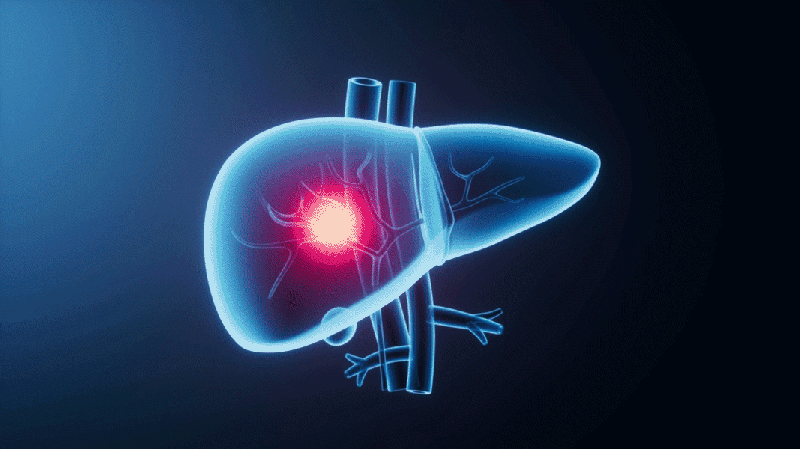Hepatitis B remains a critical global health challenge, affecting over 250 million people worldwide and causing nearly 1 million deaths annually. As liver cancer risks rise with chronic infection, understanding prevention strategies becomes vital for communities across Asia and beyond.
Dr. Mao Yilei, a hepatobiliary surgery expert at Peking Union Medical College Hospital, emphasizes three primary transmission routes: mother-to-child during birth, exposure to infected blood products, and unprotected sexual contact. "Vaccination remains the most effective shield," he notes, highlighting the 95% effectiveness rate of modern HBV vaccines.
Key prevention measures include:
- Universal infant vaccination within 24 hours of birth
- Proper sterilization of medical equipment
- Safe blood transfusion practices
- Barrier protection during sexual activity
High-risk groups such as healthcare workers and travelers to endemic regions should prioritize antibody testing. With 70% of chronic cases occurring in Asia, public health initiatives continue expanding vaccine access across the region.
Dr. Mao concludes: "While treatment options exist, prevention through education and immunization offers the clearest path to eliminating this silent epidemic."
Reference(s):
How can you prevent contracting Hepatitis B? A doctor explains
cgtn.com








